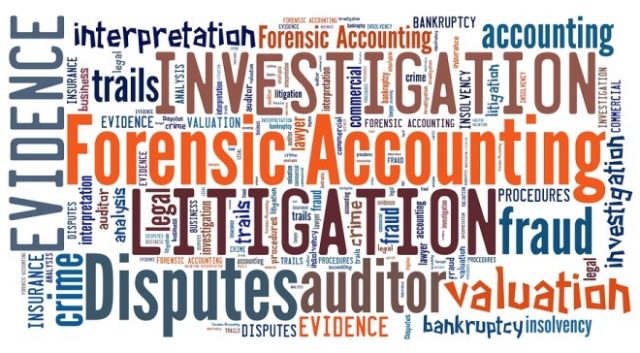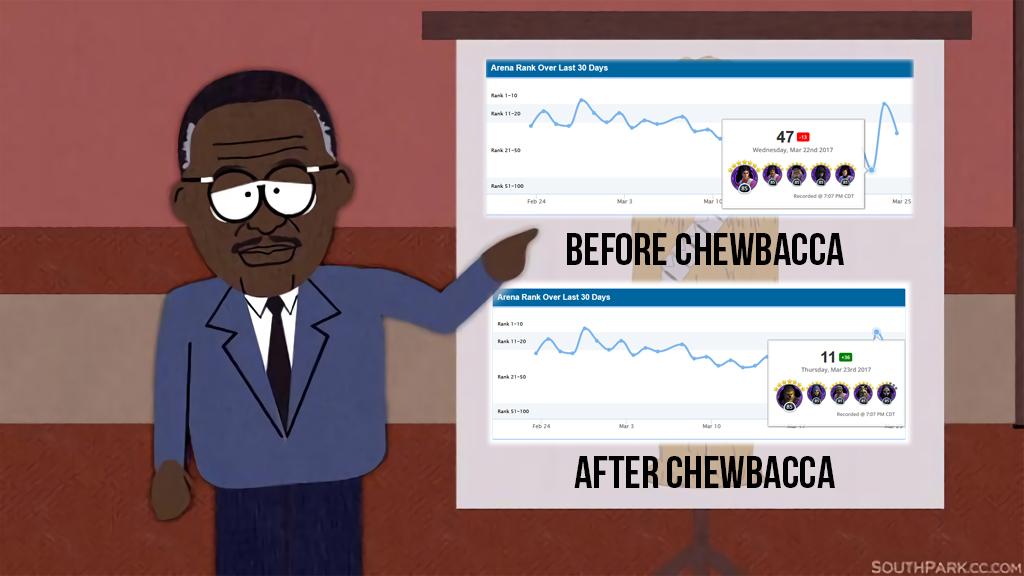Humans make mistakes. We miss things, get confused, and misremember details. That is why the rules for handling forensic evidence in a criminal case are very strict and dictate how materials pass through police hands.
The strict procedure is meant to ensure the quality of convictions, and it allows defendants to challenge admission of evidence that is admitted against them without proof that proper procedure was followed. Now legislators in Illinois are considering a new law that would allow state crime labs to hide mistakes that technicians make, according to defense attorneys. Police say that the law ensures quality results. Let’s consider the controversy reported by ABC News.
Mistakes Were Made
The proposed new law was reportedly prompted by an ABC News investigation last year that uncovered serious mishandling of evidence and calls into question numerous convictions. The mistakes uncovered in local labs were switched test samples, mismatched names, wrongly run vials of evidence, general inaccuracies, incorrect destruction of evidence, and more.
Mishandling of evidence is an important tool used by defendants to show reasonable doubt — and if there is a reasonable doubt that the state proved its case, a defendant must be found not guilty. Convictions that rest on questionable evidence are bad for individual defendants and also cast doubt on the whole criminal justice system, making the proposed law particularly problematic. If the state does not have to admit mistakes anymore, convictions will be able to rest on faulty procedures and questionable results, meaning innocent people could be punished for crimes they didn’t commit.
Local defense attorney Don Ramsell told ABC News that the new law is “an attempt by the Illinois state police crime lab to try to limit the amount of information they have to turn over to the defense. This way they can hide whatever mistakes errors or method problems that you … discovered last year.”
Defense is Defensive?
If what Ramsell says is true, you cannot tell from the wording of the proposal, which is focused on ensuring the quality of toxicology results and explicitly states that it is not meant to limit admission of material evidence. Illinois State Police also issued a statement, saying their support for the change was based on a hope for better results, not to hide mistakes. It wrote, “The ISP endorsed [the proposed change] to ensure the integrity and consistency of lab toxicology reports presented to the courts and to not limit disclosure.”
But if defense attorneys are defensive about it, that’s understandable. After all, mistrusting police statements and looking for hidden truths is what they do.
Accused?
If you are accused of a crime, talk to a lawyer and start working on your defense today. Many criminal defense attorneys consult for free or a minimal fee and will be happy to discuss your case.










